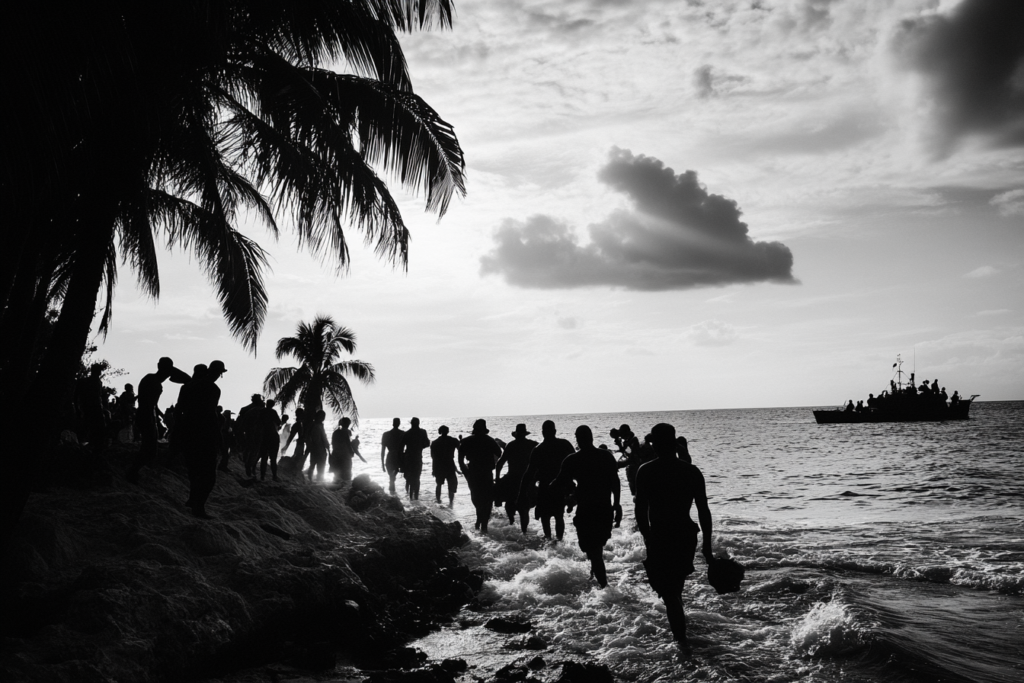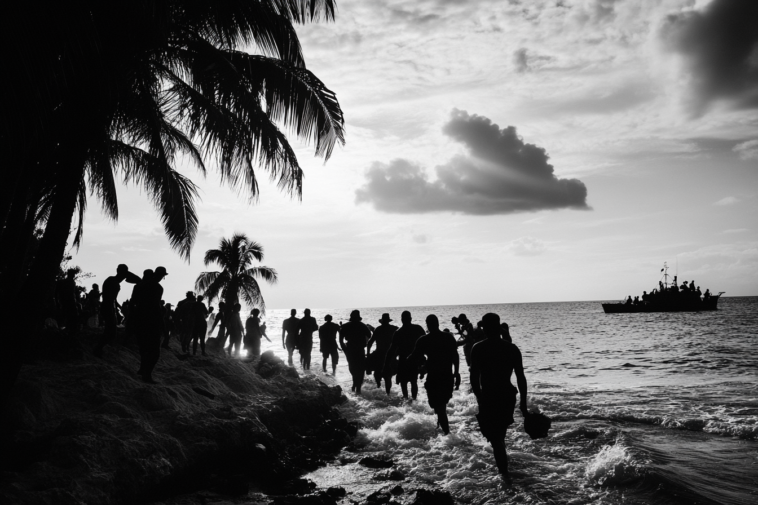
Mistakes are part of being human.
Yet, some blunders have had far-reaching consequences, altering the course of history in ways no one could have anticipated.
Whether due to poor judgment, misinformation, or sheer bad luck, these errors shaped nations, technologies, and the future itself.
In this blog post, we’ll explore some of the most famous historical blunders and the lessons they teach us.
Famous Military Blunders

Throughout history, even the most powerful militaries have made mistakes with disastrous consequences.
These moments serve as stark reminders of how poor planning, miscommunication, or underestimating an opponent can lead to failure.
Let’s look at two notable examples and the lessons they teach us.
- Read also: A Look Back in Time: The Most Impactful American History Events
- Read also: From Fall to Rise: Exploring the Major Events of the Middle Ages
The charge of the light brigade (1854)
During the Crimean War, the British cavalry received a poorly communicated order to attack what they believed was a vulnerable Russian position.
Instead, they charged directly into a heavily fortified area, where Russian artillery awaited them.
Despite their bravery, the soldiers faced overwhelming odds in what turned out to be a suicidal mission.
Outcome
Of the 600 soldiers who charged, nearly 110 were killed, and 150 were wounded.
The attack achieved nothing strategically and exposed significant flaws in British military leadership and communication.
It remains one of history’s most infamous examples of poor coordination in battle.
Lesson
This tragedy underscores the importance of clear communication, especially in high-stakes situations.
Misunderstandings or vague orders can lead to catastrophic outcomes, no matter how well-trained or courageous a team might be.
The Bay of Pigs Invasion (1961)
The Bay of Pigs invasion was a U.S.-backed operation aimed at overthrowing Fidel Castro’s communist regime in Cuba.
The plan relied on Cuban exiles who were trained and armed by the CIA.
However, the operation was doomed from the start due to poor planning, a lack of air support, and a severe underestimation of Castro’s forces and popularity.
When the exiles landed at the Bay of Pigs, they were met with a well-prepared Cuban military.
Without sufficient backup and facing stronger resistance than expected, the invaders were quickly overwhelmed.
Outcome
More than 100 invaders were killed, and nearly 1,200 were captured.
Far from destabilizing Castro’s government, the failed invasion strengthened his regime and tarnished the United States’ reputation on the global stage.
Lesson
The Bay of Pigs highlights the dangers of underestimating an opponent and the consequences of inadequate preparation.
Successful operations require detailed planning, realistic expectations, and a thorough understanding of the risks involved.
Political Blunders

Even the most seasoned political leaders have made decisions that, in hindsight, led to unintended consequences with significant historical impact.
Here, we examine a notable political missteps and the lessons they teach about leadership, decision-making, and accountability.
The Munich Agreement (1938)
In an effort to prevent another world war, British Prime Minister Neville Chamberlain, along with other European leaders, signed the Munich Agreement.
This deal allowed Nazi Germany to annex the Sudetenland, a region of Czechoslovakia, in exchange for a promise of peace from Adolf Hitler.
Chamberlain famously declared it a triumph for “peace in our time.”
Unfortunately, the agreement had the opposite effect.
Hitler saw the appeasement as a green light to pursue further aggression.
Less than a year later, Germany invaded Poland, marking the start of World War II.
Outcome
The policy of appeasement did not prevent war—it emboldened Hitler, allowing him to expand his power unchecked.
The Munich Agreement is now seen as a cautionary tale of the dangers of yielding to aggressive demands in the hope of maintaining peace.
Lesson
Appeasement in the face of aggression often backfires.
Leaders must weigh the long-term consequences of their actions carefully.
While diplomacy is essential, it should never come at the cost of enabling harmful behavior or compromising core values.
Technological Blunders

While technology has brought incredible advances to society, it has also led to some devastating failures.
These technological blunders serve as stark reminders of the importance of safety, accountability, and ethical decision-making in innovation.
The Chernobyl Disaster (1986)
The Chernobyl disaster is one of the most tragic technological failures in history.
It occurred at the Chernobyl Nuclear Power Plant in Ukraine, which was part of the Soviet Union at the time.
The disaster happened during a routine safety test, but a combination of poor reactor design and operator error led to a catastrophic explosion.
The operators ignored critical safety protocols, which resulted in a massive release of radiation.
The explosion itself caused immediate fatalities, but the long-term health effects of radiation exposure were far worse.
Outcome
The immediate area surrounding Chernobyl became uninhabitable, and over 30 people died from the explosion and its immediate aftermath.
However, thousands more would suffer from radiation-related illnesses in the years that followed.
The cleanup efforts and compensation costs have been estimated to exceed $200 billion, according to the International Atomic Energy Agency (IAEA).
The disaster left a lasting impact on the nuclear industry, leading to stricter regulations and safety standards.
Lesson
The Chernobyl disaster is a stark reminder that cutting corners on safety and ignoring established procedures can lead to devastating consequences.
No matter how advanced the technology, safety must always be a top priority, and risks must be carefully managed.
The Ford Pinto (1971–1980)
The Ford Pinto is infamous not only for its design flaw but also for the ethical decisions made by the company to prioritize profit over safety.
The Pinto was designed with a fuel tank placed in a position that made it highly vulnerable to exploding in rear-end collisions.
Despite this dangerous flaw, Ford chose not to redesign the car because it was cheaper to settle lawsuits than to fix the issue.
Internal memos revealed that the company was aware of the risk and calculated that it would be more cost-effective to deal with the potential lawsuits and settlements than to make the necessary safety improvements.
Outcome
As a result, over 27 people lost their lives in Pinto-related accidents, and Ford’s reputation suffered a significant blow.
The company was forced to recall hundreds of thousands of cars, which led to millions of dollars in costs from both the recalls and the lawsuits.
The public relations nightmare left Ford struggling to rebuild trust with its customers and the public.
Lesson
The Ford Pinto scandal teaches us the dangerous consequences of prioritizing profit over safety.
When businesses make decisions based solely on financial considerations and neglect the well-being of consumers, the results can be tragic.
In the long run, ethical responsibility and consumer safety should always come first.
- Read also: Divided World: Key Events of the Cold War
- Read also: Defining Moments: Key Historical Events of the 20th Century
Final Thoughts
From battlefield blunders to political missteps and technological disasters, these historical mistakes remind us of the fragility of decision-making.
Each error teaches us the importance of preparation, ethical responsibility, and the ability to adapt when things go wrong.
Mistakes are inevitable, but when they happen on a grand scale, they shape history.
The key takeaway?
Learn from the past so we don’t repeat its errors.



